Author: Ken Christopher | 20 min read | Apr 19, 2020
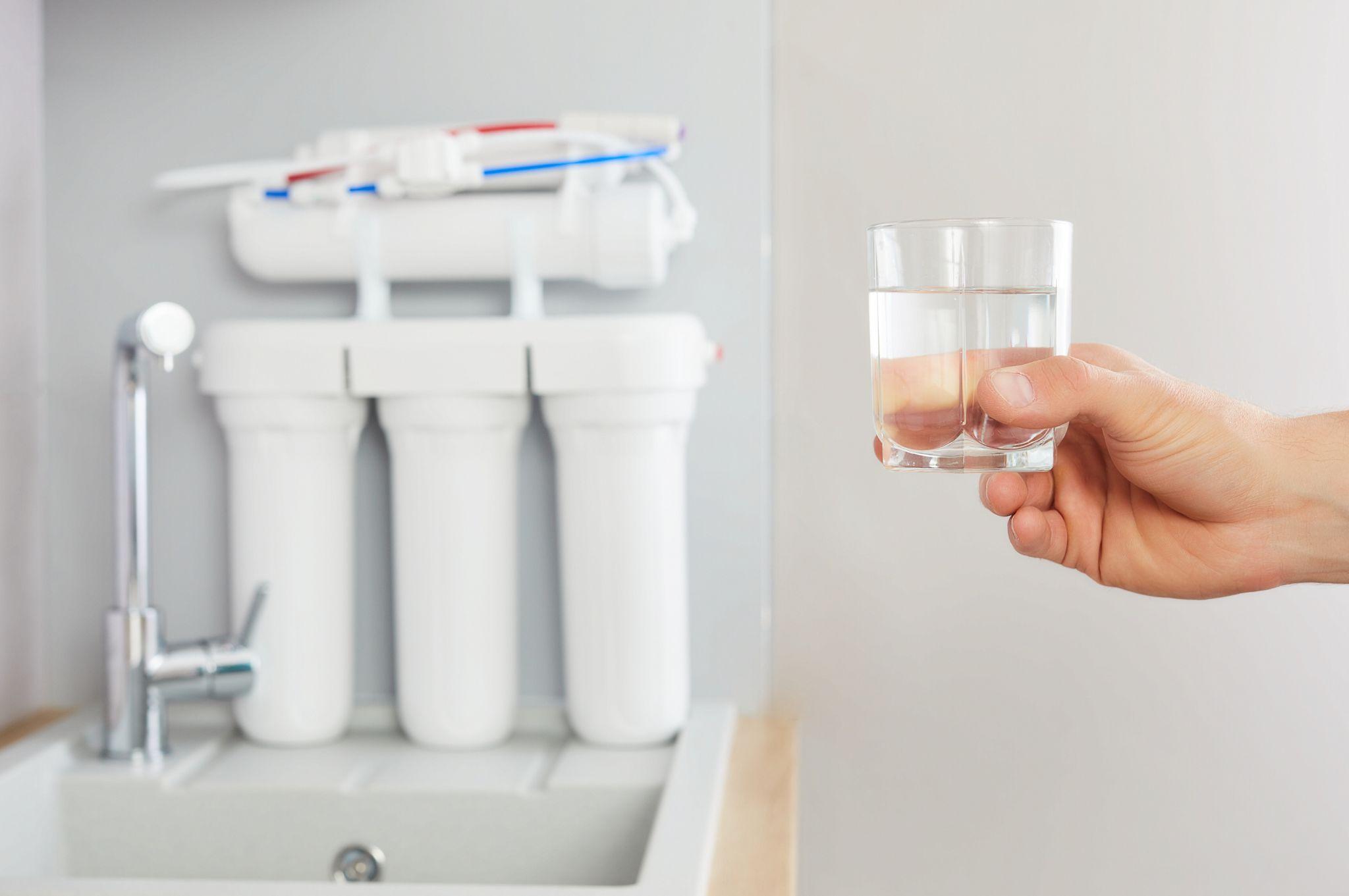
Saltless water conditioners offer a smart, modern twist on water treatment, but what exactly do they do?
A whole house water conditioner is a salt-free system installed at your main line. It doesn’t remove minerals; instead, it changes their behavior. The result? Calcium and magnesium won’t cling to pipes or leave hard scales behind. Every tap in your home stays protected.
Water conditioners target both scale and taste issues. Unlike a softener, they leave minerals in place but neutralize their effects, giving you cleaner-feeling water without salt or frequent upkeep.
For those weighing water conditioners versus softeners, understanding this distinction makes all the impact when choosing the right fit.
Conditioners are an alternative to water softening systems, but these systems are used to remove different types of contaminants from your water. The type of system you choose for water treatment is usually determined by what contaminants you want to remove from your water.
Tap water can contain many contaminants. Some of these contaminants are minerals, which can be left as deposits known as scaling.
Hard water is simply water with high levels of minerals. As it percolates through earth and stone, it collects calcium and magensium. These minerals may be harmless to drink, but they’re notorious for leaving behind spots, scaling pipes, and dulling laundry.
Other common contaminants are disinfectants, such as chlorine, disinfection byproducts, chloramines, and volatile organic compounds (VOCs). These chemicals and compounds alter how your water tastes and smells.
You might not see them, but you’ll definitely notice them when you pour a glass or take a shower.
There are effective treatment options for both categories of contaminants in your water.
If your primary concern is the impacts of hard water around your home, you’ll probably want to choose a water treatment system that can remove hard minerals or reduce their impact. These include water softening systems or certain types of water conditioners.
On the other hand, if you are concerned about the taste and smell of your water or prefer a salt-free system, a water conditioner may be right for you.
A whole house water conditioner can target a wide range of water contaminants at the source, addressing everything from scale-forming minerals to chemicals like chlorine and VOCs.
No matter what comes through your pipes, a whole house water conditioner works at the source, keeping every tap and appliance protected. While most minerals in hard water aren’t hazardous to your health, they do cause functional and aesthetic issues such as spots on dishes, scale in plumbing, dry skin, and dull laundry.
Other contaminants, such as VOCs or high chlorine levels, can impact taste, odor, and even pose health risks with prolonged exposure.
Understanding your water quality is the essential first step. Testing helps you determine what’s present in your tap water and whether you need a traditional water softener, a salt-free water conditioner, or a combination system.
For many households, a whole house water conditioner is the easiest way to ensure every tap delivers clean, great-tasting water free from common issues.
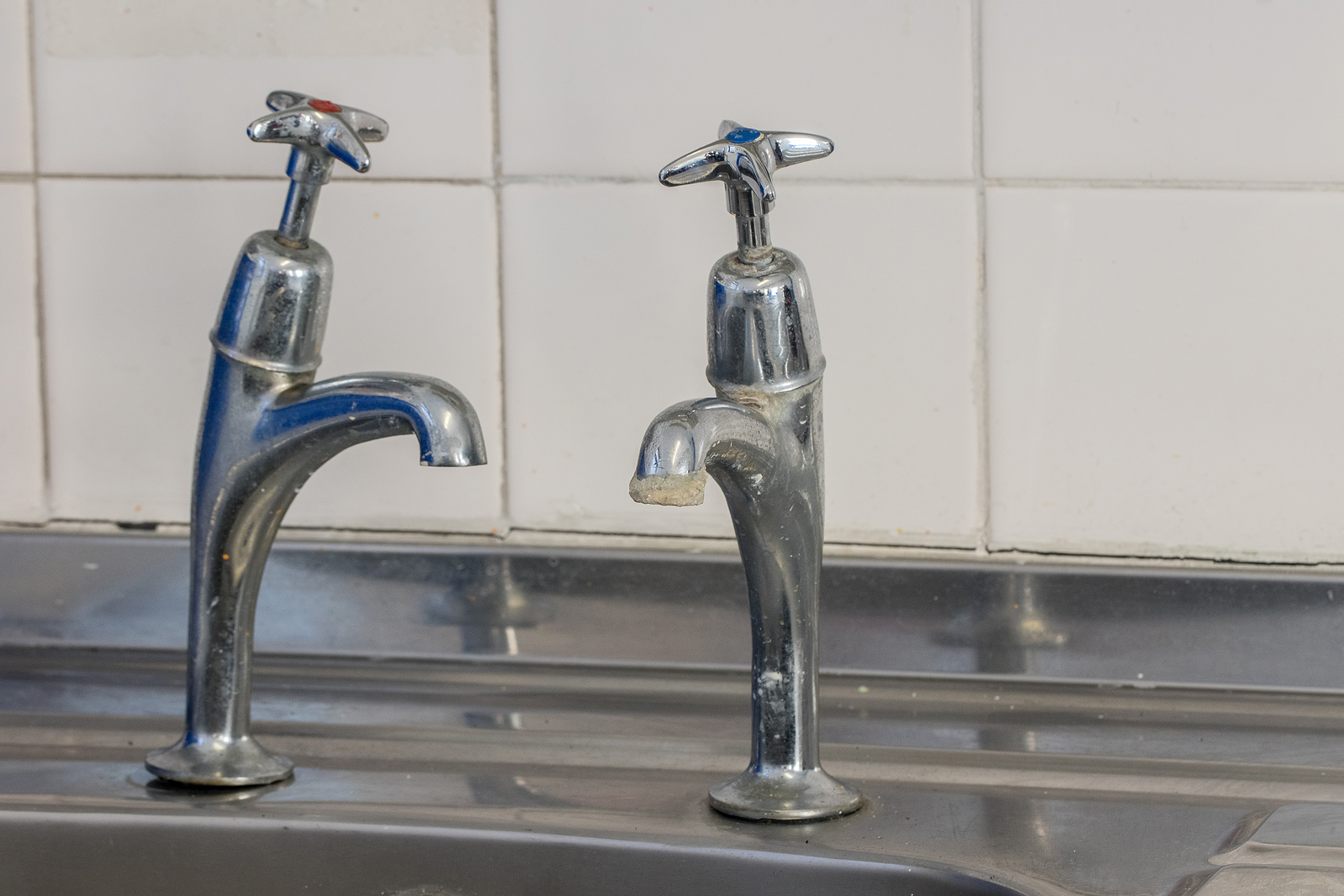
Hard water isn’t harmful to your health, and if you lack a nutrient-rich diet, the minerals contained in hard water can actually be beneficial. But in everyday life, the downsides of hard water show up where you least expect them: on fixtures, laundry, and inside appliances.
Though there are a few negative impacts on the human body from water hardness, including brittle or dry hair and dry skin, most of the undesirable hard water effects can be found around your home.
When hard water passes over or evaporates on a surface, it leaves behind the dissolved minerals it contains. This is known as scaling. Scaling can occur on any surface hard water comes into contact with. It is most frequently seen on the inside of plumbing over long periods of time and on surfaces and fixtures in your kitchen or bathroom.
Over time, those invisible minerals form visible, chalky buildups. Suddenly, a faucet drips slower, or your once-shiny sink grows dull with spots.
The mineral deposits from hard tap water will make your clothes more brittle and dull. When your dishes come out of the dishwasher they will have small white spots on them, which are minerals left behind when hard water has dried.
Your appliances are affected by hard water as well. When hard water is heated it leaves behind scales. This means appliances like your water heater, teapot, or coffee pot will have a reduced lifespan as scale builds up inside them.
A water heater quietly works harder. A kettle takes longer to boil. Over months, scale buildup shortens appliance life, sometimes without warning.
In a commercial setting, scaling can reduce the lifespan of boilers and heaters, as well as the plumbing which delivers water to systems.
The impacts of hard water don’t end at your home or business. Industrial agriculture requires water to be softened, usually through the use of a reverse osmosis system, to give growers greater control over the PH of the water they are using on their crops.
Manufacturers in certain industries, such as the pharmaceutical industry, also remove dissolved minerals from water to achieve higher purity and consistency in their products through an ion exchange process.
For larger operations, using a whole house water conditioner or commercial water conditioners is critical. These systems help maintain optimal equipment efficiency and reduce maintenance downtime. For everyday households, a whole house water conditioner helps protect laundry, keeps skin and hair softer, and prevents unsightly scales throughout your home.
A small change like installing a water conditioner, can bring a big shift. Cleaner fixtures, longer-lasting appliances, and softer clothes start to feel like a new normal.
Source: The Conversation
If you’re like most people, you are probably wondering about the difference between a water conditioner vs water softener. Let’s break down the differences between these two terms.
Water softening occurs through a process known as “ion exchange”.
In a water softening system, the dissolved mineral ions in hard water are removed from the water supply and replaced with sodium ions. Replacing the mineral ions with sodium ions allows your water to maintain a balanced electrical charge.
Don’t worry, your softened water won’t taste salty! For most people, the level of sodium in softened water isn’t noticeable at all.
Ion exchange is highly effective at eliminating scale but requires salt and regular maintenance. It may not be ideal for sodium-sensitive households, and brine discharge is restricted in some areas.
So what is a water conditioner? Unlike water softener systems that remove and replace dissolved minerals in hard water, a water conditioner system treats the water to remove different types of unwanted contaminants.
Most water conditioners remove contaminants that alter the smell of your water, such as chlorine, chloramines, VOCs, and organic gases.
Some water conditioners also provide some benefits of softened water, but don’t actually remove any hard minerals from the water. These water conditioners do this through a process that alters the chemical structure of the dissolved minerals in hard water, allowing those minerals to remain in the water but removing their negative effects.
A whole house water conditioner can use carbon filtration, template-assisted crystallization (TAC) media, or other advanced materials. Instead of removing minerals, these systems neutralize their negative effects and improve taste and odor, without salt, electricity, or brine.
Water conditioners are especially popular for homeowners seeking a salt-free, eco-friendly solution that tackles both scale and common water contaminants.
Every home tells a different water story. For some, it’s scale on fixtures.
For others, the water never quite tastes or smells clean, no matter how much you run the tap. That’s where a whole house water conditioner comes in: it changes your daily experience, right at the source.
Water conditioners are used to process water, but this term has multiple meanings in the industry. Most water conditioners remove contaminants that give your water an unpleasant smell or taste.
Contaminants like chlorine, which is used as a disinfection agent in tap water, can be absorbed through the skin and give water an unpleasant smell and taste.
Likewise, VOCs can also cause your water to smell or taste unpleasant. Most water conditioners remove these substances, but don’t actually remove the calcium and magnesium in your water that cause scaling around your home.
Instead of targeting hard minerals, water conditioners focus on comfort. They leave beneficial minerals in place, but sweep away the invisible culprits behind odd smells and sharp flavors.
That’s the secret to softer showers and better-tasting water, every day.
You pour a glass from the tap, eager for refreshment, but the sharp scent of chlorine stops you short. Whole house water conditioners step in right here, usually using carbon filtration to trap chlorine, chloramines, and volatile organic compounds (VOCs).
Carbon media absorbs these unwanted chemicals, dramatically improving taste and odor. For many households, this is the easiest way to ensure every tap delivers fresher, cleaner water.
Conditioners do more than tackle odor. Some provide the feel of softened water without actually removing hard minerals. Instead, these saltless water conditioners alter how minerals behave, preventing the scaling issues hard water normally causes. They achieve this through TAC media.

If you’ve ever dealt with scale, you know the frustration all too well. Faucets crusted, dishes spotted. TAC media stops scale at the source by providing nucleation sites, where dissolved calcium and magnesium form harmless seed crystals.
These crystals stay suspended in your water and won’t stick to pipes or appliances, effectively preventing scale buildup without actually removing the minerals. You won’t see or taste the crystals, but you will notice less spotting and scale around the house.
Template-assisted crystallization (TAC) media contain nucleation sites that attract the dissolved mineral ions in hard water. These dissolved mineral ions come together and form very tiny crystals, which are sometimes known as “seed crystals.”
Once these seed crystals have formed, the other hard minerals in the water bond to them preferentially.
Source: Waterboards.CA.GOV
A whole house water conditioner works instantly as water flows through the system. There’s no delay, no regeneration cycle, and no interruption in your water supply. This makes it ideal for busy households or businesses needing high water volume, providing continuous protection from scale and contaminants.
Keep in mind that many water conditioners provide a fundamentally different function than water softeners. While most water conditioners will remove contaminants such as chlorine and organic gases from your water, they won’t alter or remove water hardness.
This makes them a great water treatment alternative for individuals who are concerned with contaminants in their water, but don’t necessarily need the benefits of softened water.
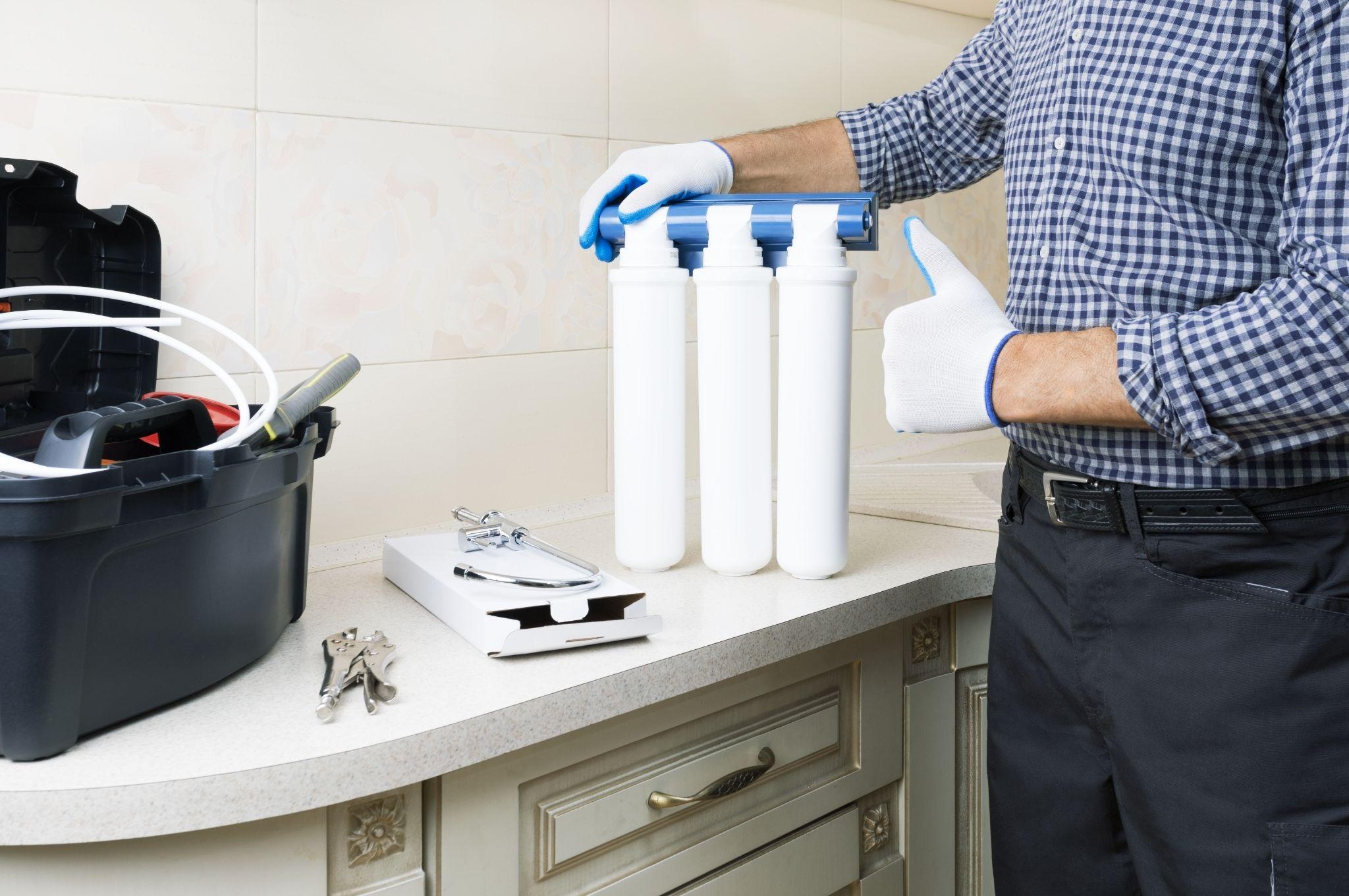
Media-based water conditioners, especially those built with template-assisted crystallization (TAC) technology, have quickly become the favorite for homeowners looking for reliable scale control.
These units use advanced filtration media to transform calcium and magnesium into microscopic crystals that remain suspended in your water, so they can’t stick to your pipes or leave spots on your fixtures.
There’s no salt, no brine, and no excess waste. Because of this, these systems appeal to anyone with environmental concerns or salt restrictions in their area.
You’ll get all the benefits of a whole house water conditioner, less buildup, fewer appliance issues, longer plumbing life, without sacrificing water quality or taste. Maintenance stays simple, and your water feels fresh every time you turn on the tap.
For those seeking cleaner, better-tasting water throughout their home, carbon-based conditioners are the answer. These systems use activated carbon to trap and reduce chlorine, chloramines, and volatile organic compounds (VOCs), all of which can give water an unpleasant taste or odor.
If your tap water smells like a pool or tastes bitter, a carbon-based conditioner provides a dramatic improvement.
You’ll notice coffee, tea, and recipes taste brighter, too. While these units excel at purification, they’re not designed to address hard water minerals or scale. Pairing a carbon conditioner with another solution often makes sense for homes dealing with both taste and mineral problems.
You get crisp, clean water at every tap, free from the distractions of chemicals.
Electronic and magnetic descalers take a high-tech approach to water treatment.
These compact devices wrap around your incoming water pipe and use electric pulses or magnetic fields to influence how minerals behave as water flows through.
The goal: keep calcium and magnesium from bonding to surfaces and forming stubborn scales.
There’s no plumbing, salt, or chemicals required, so installation is a breeze. Results can be mixed, though. Some households see a noticeable drop in buildup, while others find the changes subtle.
Independent research hasn’t yet provided a clear verdict. For those who like to try new technology, electronic descalers offer a low-maintenance, hands-off way to support their whole house water conditioner, but traditional solutions remain the gold standard for proven scale prevention.
When you hear “whole house water conditioner,” you’re talking about a system installed right at your main water line, before it ever reaches a single tap.
Every shower, every sink, and every washing machine in your home enjoys the same treated water.
No skipping the guest bathroom or the laundry room. The benefits reach every inch of your plumbing, protecting fixtures and extending appliance life. You’ll notice softer skin, fewer spots on your dishes, and brighter laundry.
Many homeowners pair a whole house water conditioner with a reverse osmosis (RO) filter under the kitchen sink.
That way, your drinking water reaches another level of purity, while the rest of your home stays free of scale and bad tastes. It’s comprehensive protection, from basement to top floor.
A whole house water conditioner isn’t a luxury reserved for a select few; it’s a practical solution for real-world problems.
Homes in areas with brine restrictions rely on salt-free water conditioners to avoid fines and environmental headaches.
Households plagued by water that tastes odd or carries a strong chlorine odor turn to a water conditioner to improve their daily experience. If you’re sensitive to sodium or want to avoid adding it to your water, these systems provide peace of mind without compromising quality.
Many families dealing with moderate hard water love the difference a conditioner makes: fewer maintenance calls, appliances running smoother, and everyone in the house enjoying fresher water.
The right choice means every faucet, every load of laundry, and every cup of coffee starts with better water.
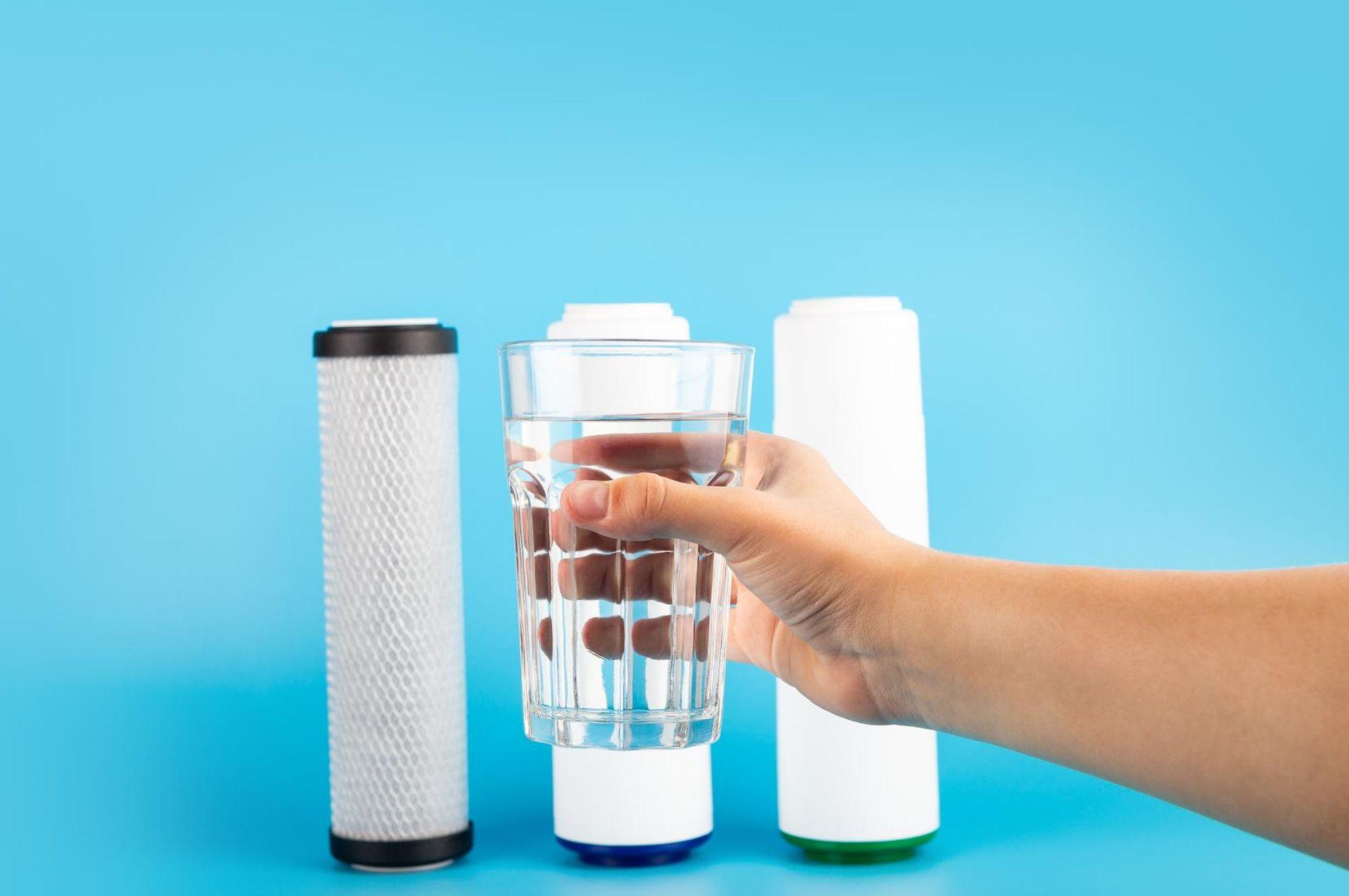
A whole house water conditioner delivers practical, everyday benefits. It helps reduce scale, protect your plumbing, and improve water quality at every tap. Daily tasks like showering, cleaning, and cooking become easier and more efficient.
In short, this no-fuss solution lets you get back to living, with fewer chores and fewer worries about your water.
Every household’s water is unique. Some taps pour out mineral-heavy water that leaves behind chalky residue. Others deal with chlorine or chemical tastes that ruin coffee and tea.
Before you shop for a whole house water conditioner, get the facts.
A simple test, DIY or pro, will reveal exactly what’s flowing from your pipes. Maybe it’s calcium and magnesium. Maybe it’s chlorine, VOCs, or a blend of both. Each tells a story. And each demands a solution tailored to your needs.
Armed with a water profile, you’ll be able to pick the water conditioner or filter system that targets your specific problems, not someone else’s. That’s how you move from guessing to getting it right.
Your water needs aren’t one-size-fits-all. A family home with four bathrooms on a Monday morning operates differently than a quiet studio apartment.
A bustling household can be chaotic. Multiple showers run at once, laundry piles up, and everyone’s rushing out the door. For this, a whole house water conditioner is key. It’s designed to handle the demand. High flow rate ensures you won’t have to pick between washing dishes and taking a hot shower.
Smaller spaces, like apartments, have simpler needs. A point-of-use water conditioner might suffice. Yet a whole-house system offers more. It delivers consistency, protects every faucet and appliance, and eliminates worries about pressure drops or cold showers
A whole house water conditioner isn’t just about clean water today. It’s about investing in hassle-free living for years to come. Media-based water conditioners often last for years with minimal upkeep.
Operating costs stay low; there’s no salt to refill and no spike in your power bill. Over time, you save money on maintenance, repairs, and even appliance replacement. Compare warranties and support.
Some water conditioners offer robust guarantees and responsive customer care.
That peace of mind pays off, year after year. Choose a system that matches your budget, lifestyle, and long-term goals, and enjoy water that works as hard as you do.
var app_63333cfd794e23001633657a;(function(d, t){var s=d.createElement(t),options={“appId”:”63333cfd794e23001633657a”,”width”:”800″,”height”:”800″,”async”:true,”host”:”quiz.tryinteract.com”};s.src=’https://i.tryinteract.com/embed/app.js’;s.onload=s.onreadystatechange=function(){var rs=this.readyState;if(rs)if(rs!=’complete’)if(rs!=’loaded’)return;try{app_63333cfd794e23001633657a=new InteractApp();app_63333cfd794e23001633657a.initialize(options);app_63333cfd794e23001633657a.display();}catch(e){}};var scr=d.getElementsByTagName(t)[0],par=scr.parentNode;par.insertBefore(s,scr);})(document,’script’);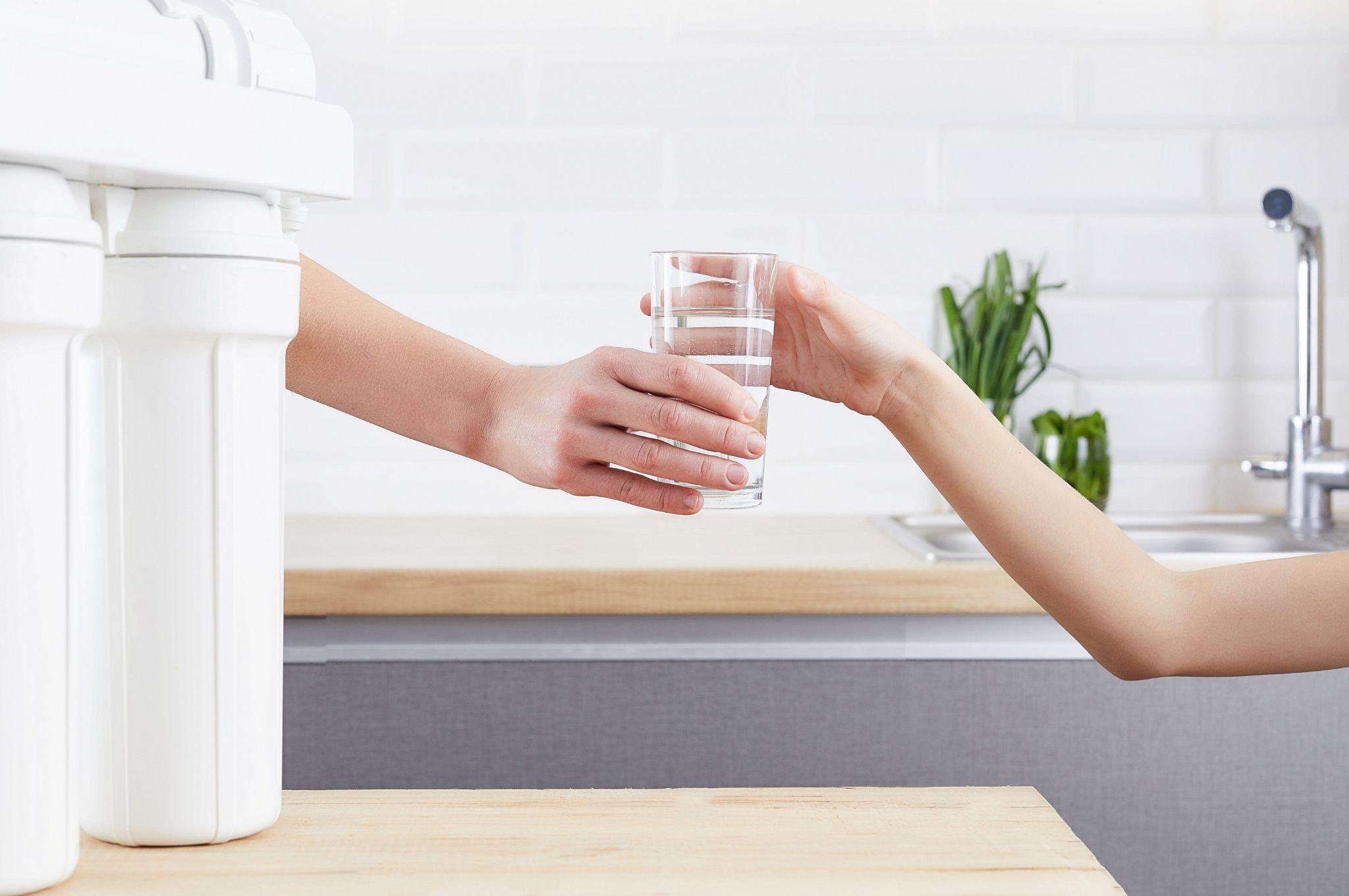
When is a whole house water conditioner the smart choice?
If you want salt-free operation, a lighter environmental footprint, and an easy fix for water that smells or tastes off, water conditioners stand out. These systems reduce mild scaling, keep your appliances running cleaner, and leave your water fresh from every tap.
For homes where sodium sensitivity, brine restrictions, or eco-conscious living are priorities, a whole house water conditioner is hard to beat.
Ready to find the right solution? Rayne Water specializes in tailoring water conditioners and softeners to fit every home’s unique needs. Reach out for a water quality assessment, and let us help you enjoy water that feels right for you, through every faucet, every day.
Do water conditioners remove hard minerals like calcium and magnesium?
No, water conditioners do not remove hard minerals. Instead, they change how these minerals behave. Technologies like Template-Assisted Crystallization (TAC) convert calcium and magnesium into harmless seed crystals that don’t stick to surfaces. This prevents scale buildup without stripping minerals from your water.
What’s the difference between a water softener and a water conditioner?
A water softener removes hard minerals using a salt-based ion exchange process. A water conditioner, on the other hand, does not remove minerals but neutralizes their negative effects or removes other contaminants like chlorine, chloramines, and VOCs. Conditioners are ideal for people seeking a salt-free or low-maintenance solution.
Is a whole house water conditioner suitable for all homes?
Most homes can benefit from a whole house water conditioner, especially if you want to reduce scale, improve water taste, and avoid salt use. However, if your water has extreme hardness levels, you may need a traditional softener or a combination system for optimal results. A water quality test is the best way to determine the right fit.
